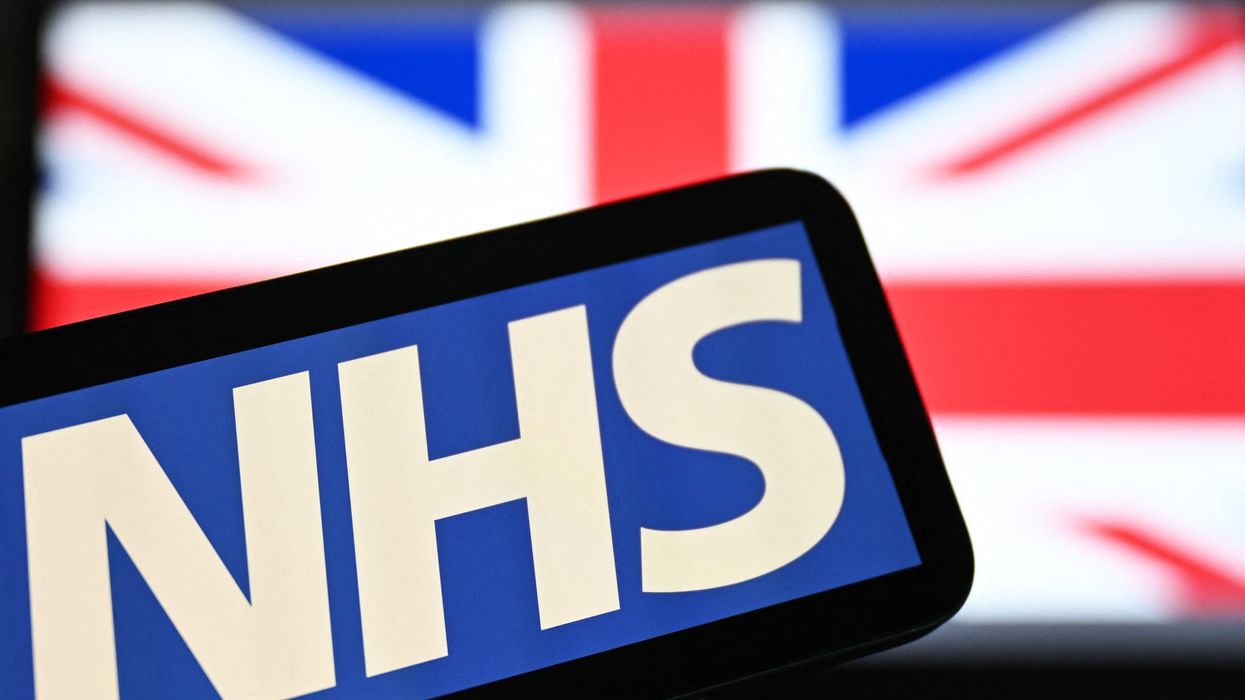Commenting on the publication of the NHS monthly performance statistics Tim Gardner, Assistant Director of Policy at the Health Foundation, emphasised the critical state of the health service under the new Labour government
The National Health Service(NHS) has reported a record number of attendances at Accident & Emergency (A&E) departments and emergency admissions for any June, reflecting significant pressure on healthcare services amidst hot weather and recent strikes by junior doctors.
Last month, hospitals across the UK handled over 2.29 million A&E attendances and more than 536,884 emergency admissions, marking increases of 3.1 per cent and 7.2 per cent respectively compared to the previous year.
Professor Sir Stephen Powis, NHS national medical director, acknowledged the strain on frontline teams:
"Frontline teams are continuing to work exceptionally hard under significant pressure to provide the best care they can for patients."
The NHS performance statistics for June revealed that despite the heightened demand, only 74.6 per cent of A&E patients were treated within the four-hour target, well below the 95 per cent goal.
The data also showed that 9.8 per cent of patients spent 12 hours or more in A&E, highlighting operational challenges exacerbated by external factors.
Commenting on the publication of the statistics, Tim Gardner, Assistant Director of Policy at the Health Foundation, underscored the critical need for systemic improvements:
"The election of a new Labour government is a significant moment for the health service, which is arguably experiencing the worst crisis in its 76-year history.
"While there are no quick fixes, with the right blend of policy change, innovation and investment, the new government can put the NHS back on its feet.
"Today’s statistics serve as a stark reminder of the huge mountain to climb. The NHS waiting time standards Labour has pledged to meet by the end of this parliament have now been routinely missed for nearly a decade.
"The latest GP patient survey shows that while patients' overall experience of general practice remains positive, too many people are struggling to get through to their practice.
He added, "Performance is at or close to the worst levels on record, with 7.6 million waiting for routine hospital care and a quarter waiting over four hours in A&E."
The NHS also faced increased demand in diagnostic tests and cancer treatments, with over 55,000 cancer treatments delivered in May alone.
"The government’s recent announcement of a renewed focus on NHS performance is welcome," Gardner noted, "but urgent action is needed to address these critical challenges."












![Potential Side Effects of Mounjaro [What You Need to Know]](https://www.pharmacy.biz/media-library/image.jpg?id=54516976&width=1245&height=700&quality=90&coordinates=0%2C29%2C0%2C29)



